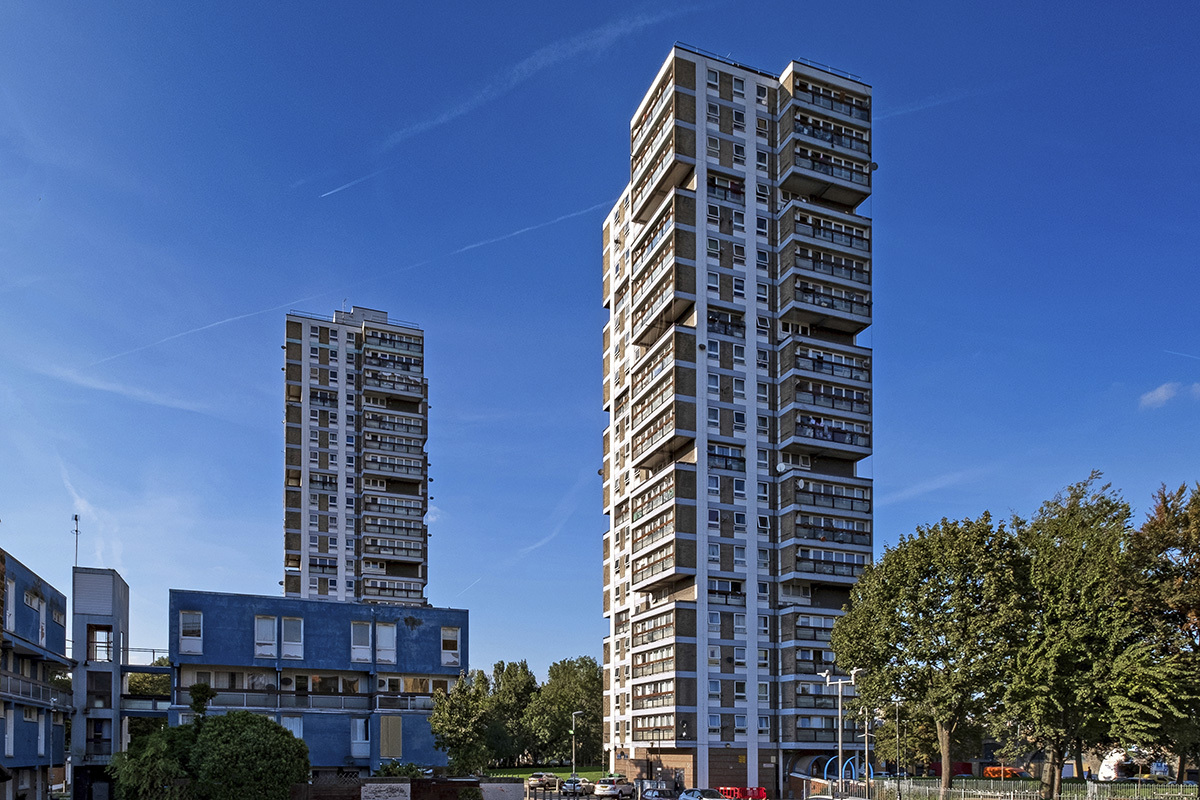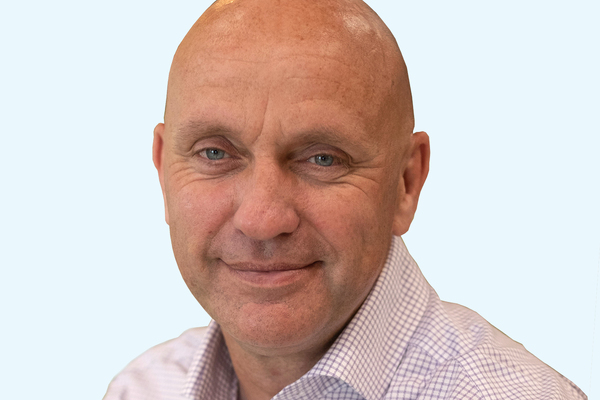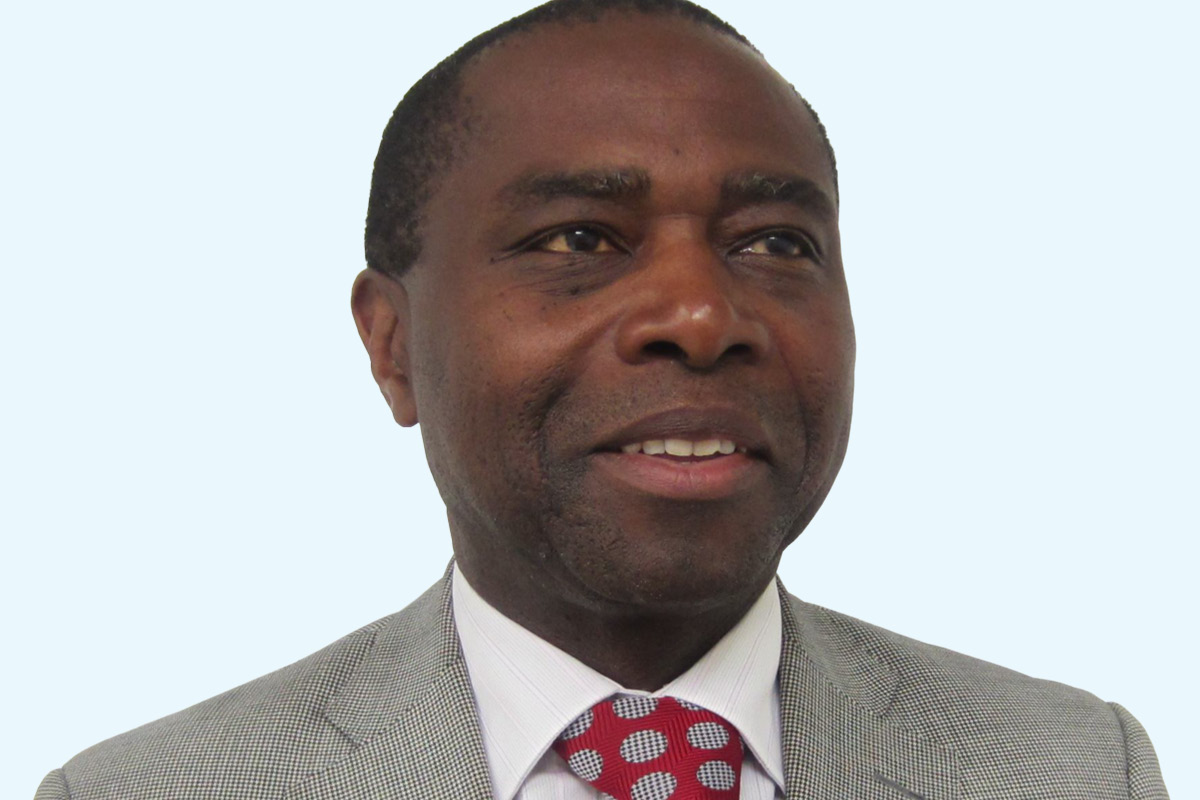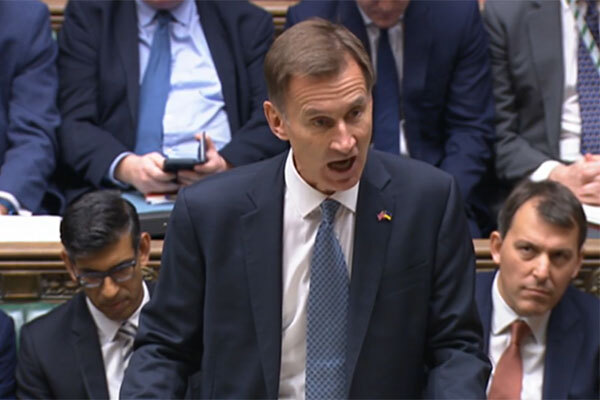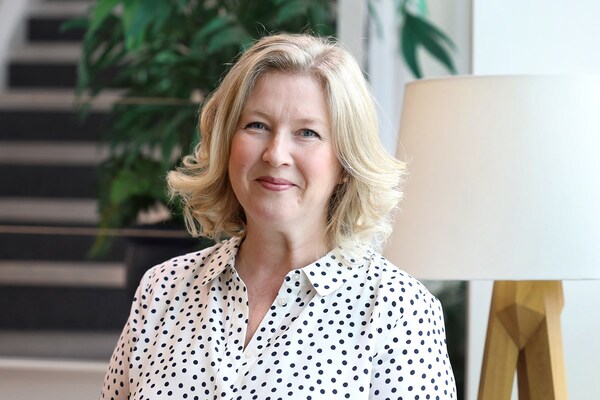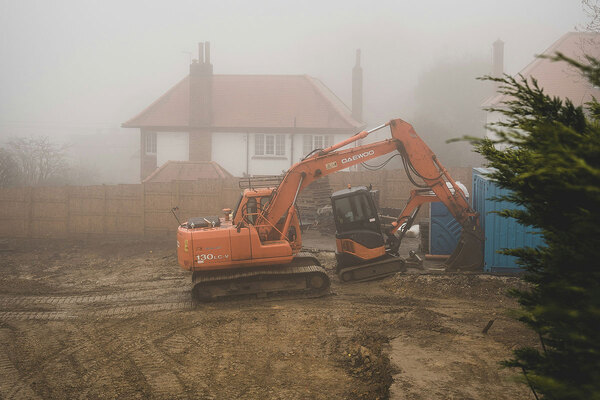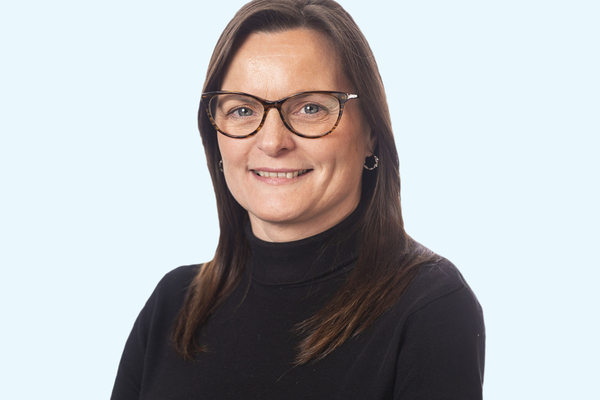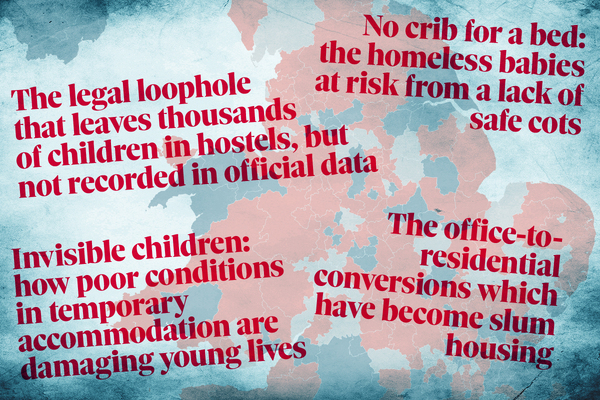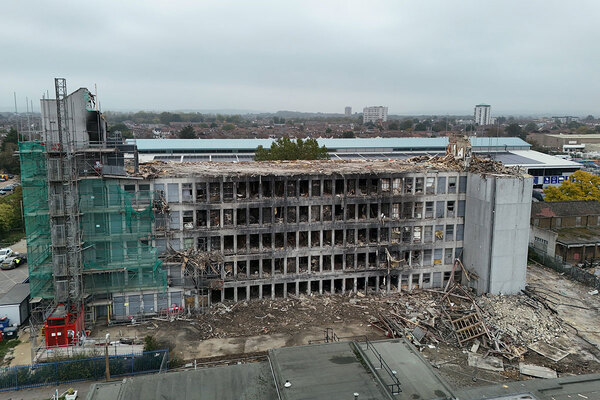You are viewing 1 of your 1 free articles
Housing associations need to show more guts if we are to deliver truly inclusive growth
Housing associations should be central players in local economic growth programmes, so why is the sector divided over whether delivering inclusive growth is a core aim, asks Cedric Boston
Whether it is the government’s levelling-up agenda or local economic development strategies, housing associations (HAs) have a vested interest in inclusive growth (IG) programmes and should become actively involved in delivering them.
IG is about rebalancing the distribution of wealth so that the people who traditionally lose out in the economy can benefit disproportionately more from future growth in their area.
Since social housing accommodates a high percentage of poor people, it should be easy to see the correlation. Yet, the sector is divided on whether HAs should directly support these initiatives, least of all render them key priorities for their business plans.
How HAs answer the question “what is the most important measure of success for social housing?” largely explains the equivocation.
Those that say success is about giving poor people access to affordable decent homes, argue that building social homes and taking people out of insecurity and/or poor accommodation is the primary goal for social housing. While they want their tenants to thrive economically, they do not believe there is a role in this for them and prefer to hope that agencies with better knowledge and experience of the subject will step in and take up the slack.
Further along the spectrum are those who want to believe the economic welfare of tenants is outside a HA’s remit and a distraction from the sector’s primary purpose.
In contrast, HAs that embrace IG believe the key indicator for the success of social housing is that the people it houses are seen to thrive. With this notion they go out of their way to facilitate the economic well-being of tenants, in addition to developing and maintaining decent homes. They become central players in local economic growth programmes, some delivering personalised support, building partnerships with service providers and even co-ordinating activity locally to engender economic opportunities for their residents.
Unity is firmly in the latter camp. Alongside aspiring to be a good landlord, and growing the business by developing new homes, we work with partners to create economic opportunities for low-income tenants and residents, giving them a hand up to escape from economic dependency. We help residents find a job, encourage them to take up training or provide support to start their own business.
Like most HAs, our founders were motivated to establish Unity to improve the lives of people who were disadvantaged because they did not have a stable housing platform from which to sustain their families.
“There seems a stronger case today for housing associations to do more to assist tenants with the economic challenges they face”
We soon realised that decent housing on its own was not sufficient to enable disadvantaged and discriminated against people to overcome the barriers they faced. They needed other help, particularly economic opportunities, to have a chance of transforming their prospects.
Moreover, we knew even then that there was not enough support coming like the cavalry from the horizon to rescue tenants from this plight and we had to see what we could do ourselves.
So, in 1999 we took the chance to buy business units and use them to give local people the opportunity to set up and run their own business. In 2005, we created an employment team to support people into work, help them find jobs or take up training and education to improve their career prospects.
There seems a stronger case today for housing associations to do more to assist tenants with the economic challenges they face. The story of the people who live on our estates does not end with the grant of a secure tenancy. For many, there is a continuation of economic disadvantage and dependency.
We know this from the recent IES research which concluded:
- Social housing residents are nearly twice as likely to be out of work as those living in other tenures
- More than four-fifths of those out of work are outside the labour force entirely – not looking and/ or not available for work, with little access to employment support
- Social housing residents in work are twice as likely to work in lower-skilled jobs and are on average paid a third less than people who live in other tenures
To some extent these findings are not surprising.
As someone wholly committed to social housing, I have consoled myself for years in the belief the difference can be explained away by statistics that show we are housing more people who are disadvantaged or discriminated against in the economy because of a characteristic.
However, the key finding from the research, and the one most problematic for social housing landlords, is that even people with the same characteristics, whether Black, minority ethnic, older, or lone parents, perform much better economically in every other tenure than ours. For example, employment for older people, lone parents and ethnic minorities is on average 49% to 52% in social housing compared with 72% to 75% in other tenures.
As a sector, we say we want to abolish the stigma attached to social housing. Yet many of us are prepared to do nothing when it is clear the stigma is palpably linked to the perception that people who go into social housing seldom come out better for it. I regard this as a potential existential threat to the sector. Were it not for the shortage of affordable homes, civic authorities would already be questioning our argument that a social housing component is necessary for community and area regeneration.
At the same time, agencies that work in the employment field would welcome greater HA engagement. There is plenty of research evidence showing the involvement of social landlords with IG improves their success rate and increases the take-up by the people who need them the most.
“Inclusive growth is an area where we need to show more guts, resolve and ingenuity. Not least because it so germane to the well-being of current and future social tenants”
Let’s be clear, the picture is not wholly bleak. There are plenty of HAs taking inclusive growth more seriously. But the trickle needs to become a tide. One reason for the reticence is engaging poor people with IG is not easy. To achieve a real transformation in society we must not only create economic opportunities for the poor, but ensure they are taken up in large numbers. For many schemes, past and present, have failed to secure the participation of the poorest households. So it is not hard to understand the caution of some HAs to get involved. It is a challenge.
Yet it is a challenge that HAs were conceived for. When we say we value people before property, we harken to the belief that HAs can help address some of the biggest human problems our modern society is faced with. Unfortunately, we tend to make this claim only when we are threatened by the government. In recent times, our retreat from contributing to the provision of care, support and homeless accommodation suggests we are becoming more risk averse.
Inclusive growth is an area where we need to show more guts, resolve and ingenuity. Not least because it so germane to the well-being of current and future social tenants. Obviously, HAs must operate in a sustainable way. But there is little moral ambition in simply keeping to our current course amid abject poverty. We should set out to do the greatest good we can with the resources we have, while remaining viable.
Unity is a developing association subject to regulation and experiencing the same pressures as other HAs. We do not need to be persuaded of the virtue of building new affordable homes and managing them to good standards. However, we appreciate there is a lot more we have the potential and scope to do for the people we serve.
For us, providing decent homes and services and economic opportunities for people now go hand in hand. One can say we are punching above our weight. The reality, perhaps, is the sector has set the bar too low.
Cedric Boston, chief executive, Unity Homes and Enterprise

